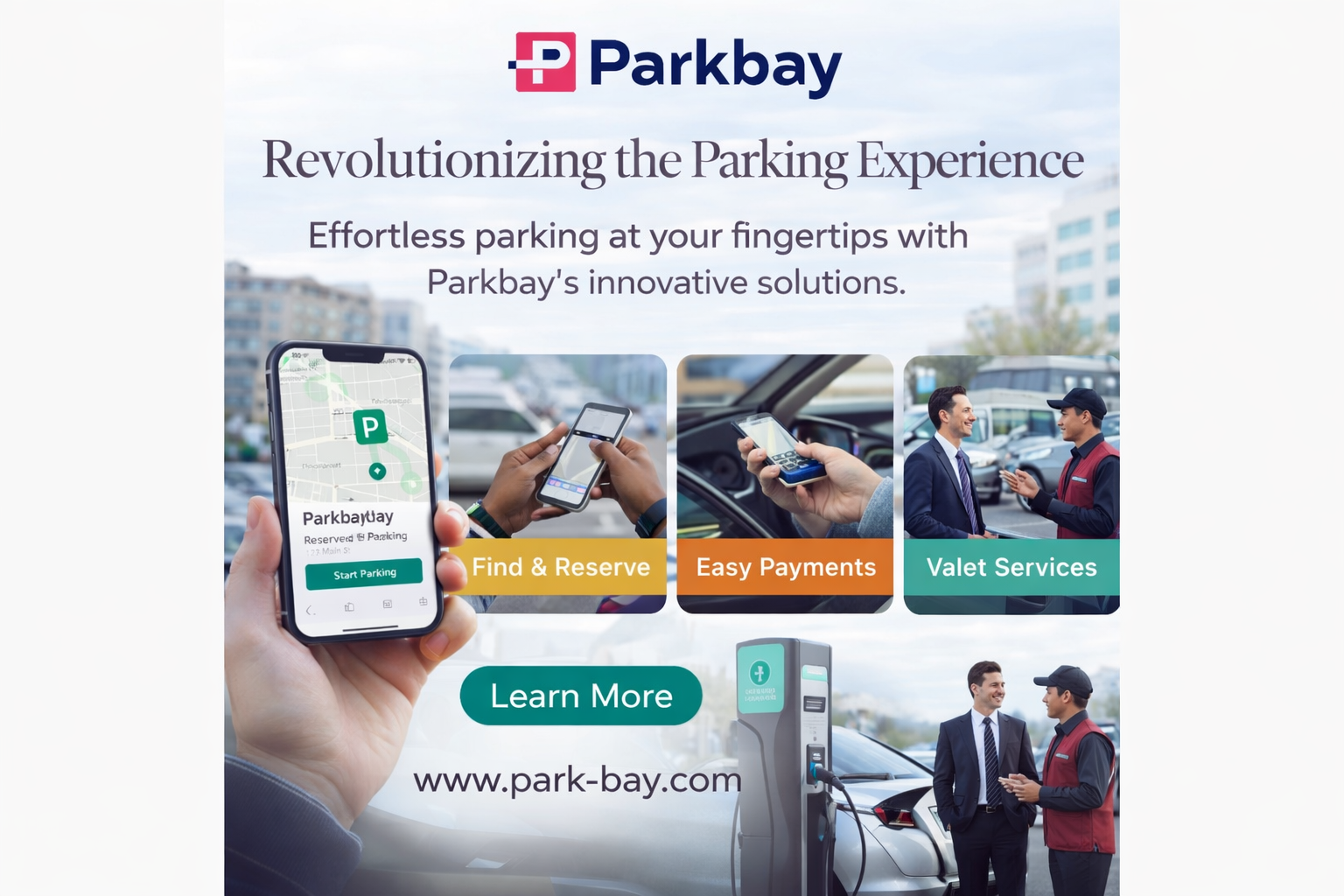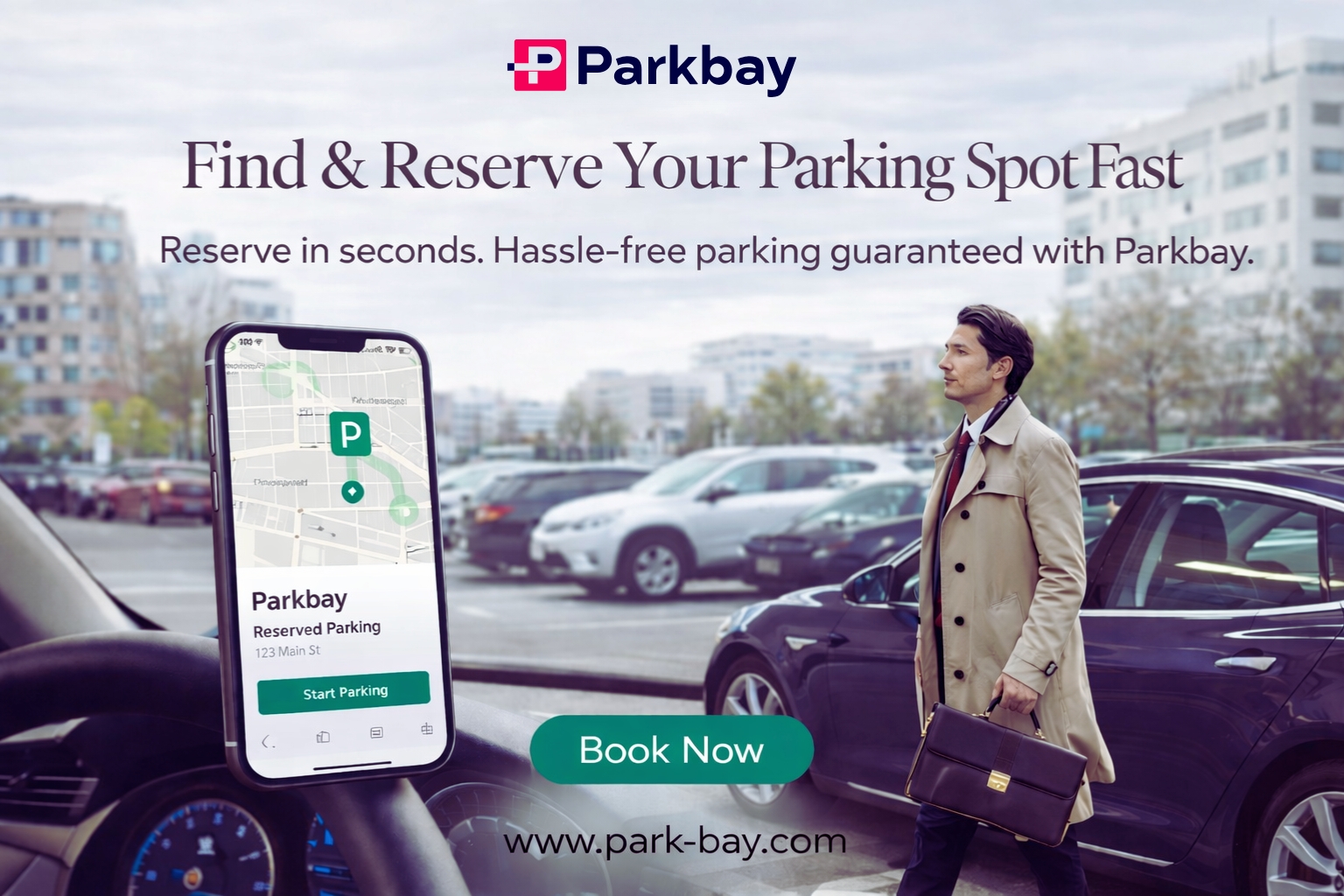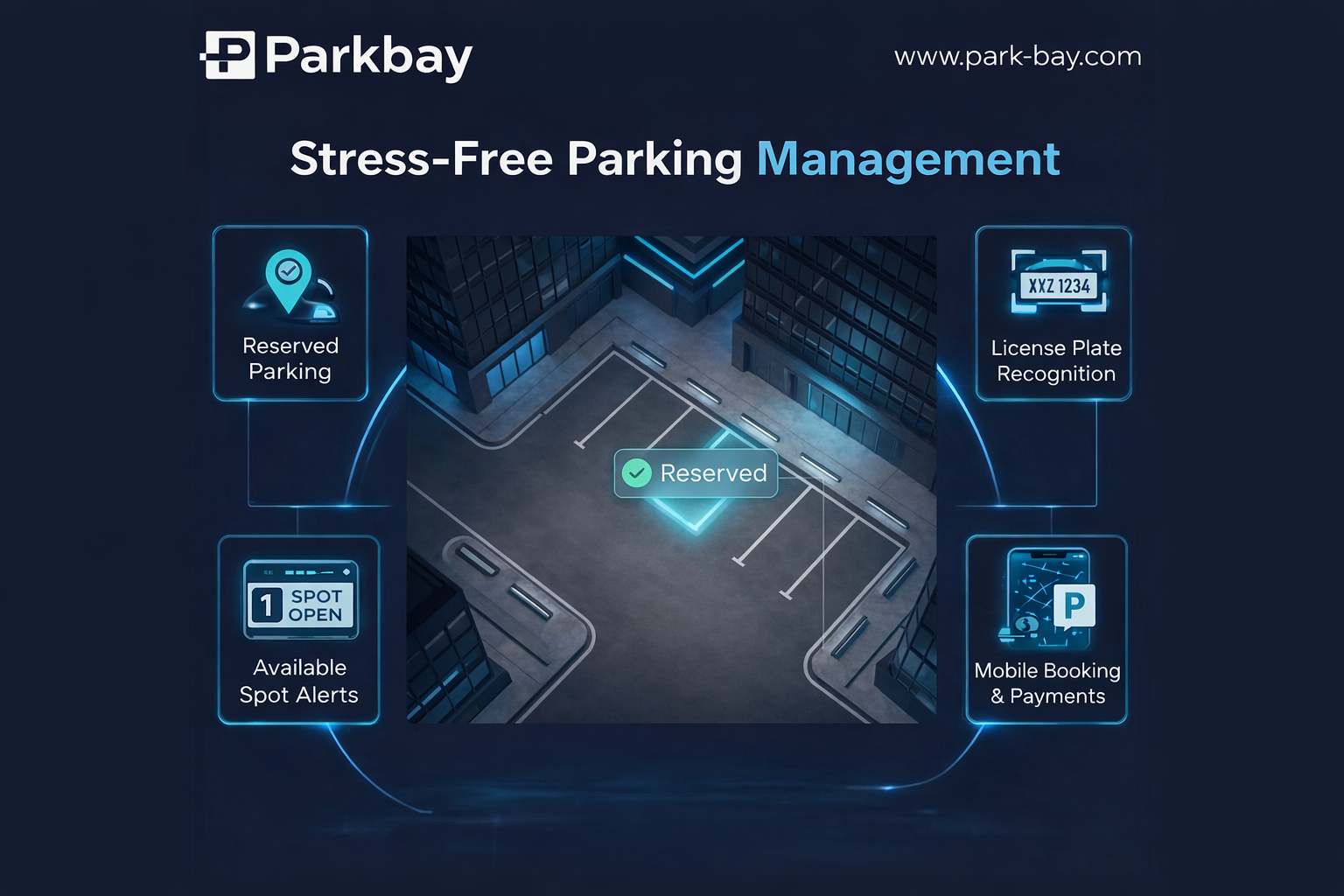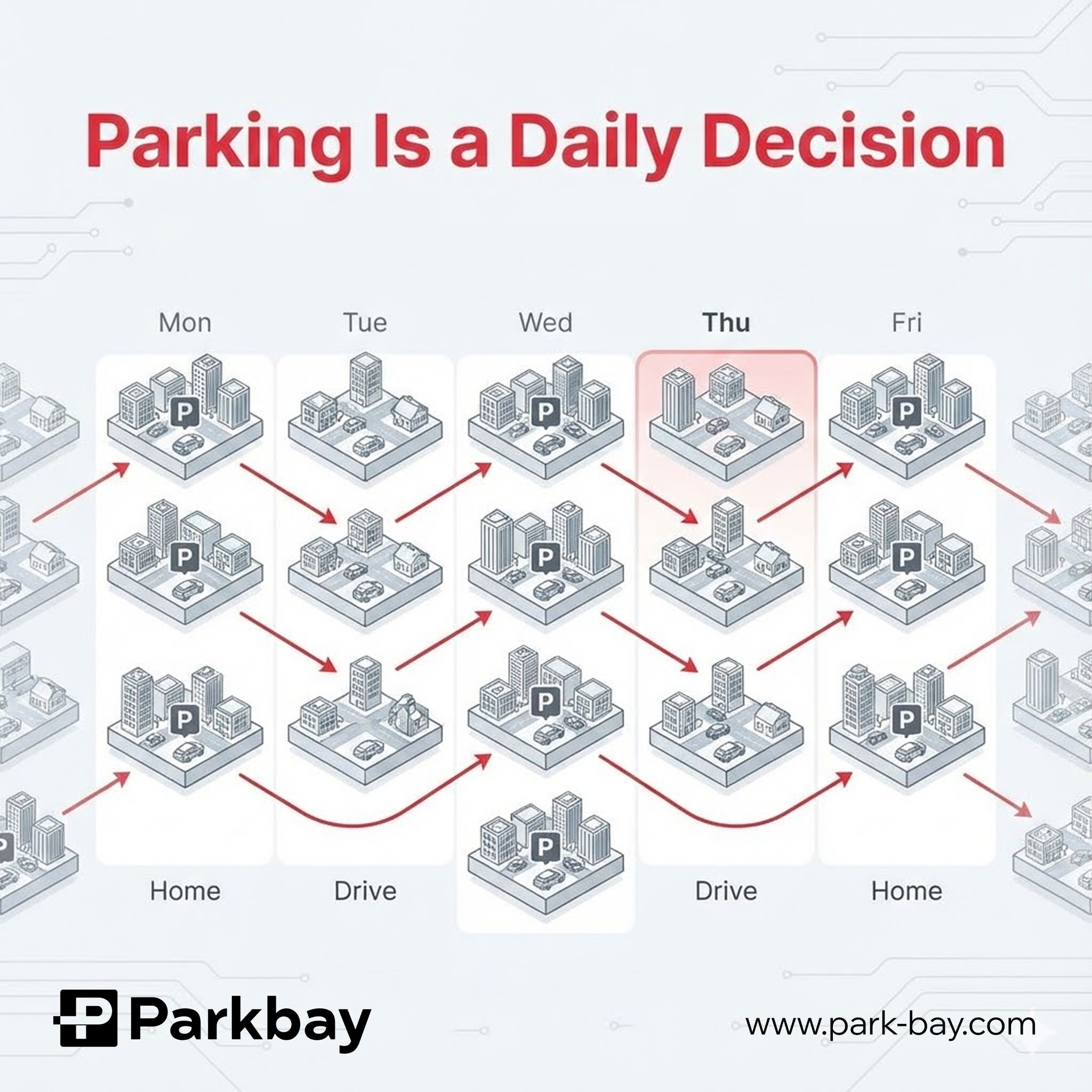As urban populations grow and cities become denser, the importance of effective infrastructure planning becomes more evident. Among the critical yet often overlooked components of urban life is parking management. While it may appear mundane, the way parking is structured and managed can have a ripple effect on everything from traffic congestion to environmental sustainability.
Poor parking systems are more than just a minor inconvenience—they contribute significantly to urban inefficiencies. From wasted time to lost revenue, the consequences of outdated and disorganized parking systems impact not just individual drivers, but businesses, governments, and the environment as a whole.
In this article, we explore four key ways poor parking affects urban life, and why cities must prioritize smarter solutions.
1. Traffic Congestion and Wasted Time
One of the most visible impacts of inefficient parking systems is increased traffic congestion. In many cities, a significant portion of urban traffic is not caused by commuting or deliveries, but by drivers endlessly circling streets and lots in search of an available parking space.
According to various studies, as much as 30% of city traffic is generated by drivers searching for parking. This not only causes delays and wasted fuel but also increases stress levels for drivers and contributes to road safety concerns.
With limited or no real-time visibility into parking availability, drivers are forced into guesswork, leading to longer journeys and bottlenecks in high-demand areas. The lack of digital parking guidance results in unnecessary vehicle movement, especially in commercial districts and near public venues.
A well-designed smart parking system, powered by real-time data and digital wayfinding, can drastically reduce this issue by directing drivers to open spots instantly—cutting down travel time, fuel usage, and congestion.
2. Environmental Impact and Carbon Emissions
While traffic congestion affects human productivity, its environmental cost is even more severe. The longer vehicles idle or roam in search of parking, the more carbon emissions they release into the atmosphere.
In cities that are already grappling with pollution, inefficient parking adds fuel to the fire—literally and figuratively. Urban areas experience higher concentrations of nitrogen dioxide and particulate matter, both of which are linked to health issues such as asthma, respiratory infections, and cardiovascular disease.
The environmental toll is compounded by the fact that many parking systems are not designed with sustainability in mind. Poor planning can lead to overbuilt or underused spaces, increased impervious surfaces that worsen water runoff, and a failure to accommodate electric vehicle charging infrastructure.
Adopting smart parking solutions can help mitigate these effects. By reducing idle time, encouraging shared space utilization, and integrating with electric vehicle networks, cities can move toward more eco-friendly urban mobility.
3. Revenue Loss and Operational Inefficiency
For municipalities and private operators alike, inefficient parking systems result in significant financial losses. Poorly managed lots, outdated ticketing methods, and manual enforcement all contribute to revenue leakage and operational challenges.
Many urban parking areas remain underutilized during off-peak hours due to rigid systems that do not adapt to real-time demand. Meanwhile, high-demand areas may face bottlenecks and overcrowding because of a lack of pricing flexibility or lack of visibility into usage patterns.
Manual enforcement adds to the cost, requiring labor-intensive monitoring and often resulting in disputes or errors. Cash-only payment systems also discourage usage and complicate revenue tracking.
Real-time data, automated entry-exit systems, and digital payment platforms streamline operations, minimize manual interventions, and ensure transparency. Moreover, dynamic pricing strategies enabled by AI help balance demand, increase turnover, and maximize revenue potential.
4. Poor User Experience and Urban Frustration
At the end of the day, poor parking systems degrade the overall urban experience. Whether it's a resident who dreads the daily search for a spot or a visitor unable to locate parking near a key destination, parking inefficiencies can sour the perception of a city.
For businesses, especially those located in busy areas, lack of convenient parking can drive customers away. A poor first impression due to parking challenges may result in lost footfall and reduced customer satisfaction.
In residential zones, limited space, unclear signage, or inadequate policy enforcement can lead to disputes between neighbors and a general sense of frustration. Poorly maintained or unsecured parking lots also raise safety concerns, adding another layer of stress for users.
Implementing intuitive, user-focused parking systems can transform this experience. Real-time apps, smart signage, contactless payments, and occupancy-based guidance create a more convenient, safe, and seamless parking journey for everyone.
Moving Toward Smarter Urban Mobility
It’s clear that the challenges of poor parking management are deeply intertwined with broader urban issues. Cities that fail to address these problems risk not only increased congestion and pollution but also declining quality of life and economic stagnation.
Smart parking systems that leverage technologies like artificial intelligence, IoT sensors, cloud platforms, and digital payment gateways offer a path forward. These solutions are designed not just to manage vehicles but to enhance the way cities function—by promoting efficiency, sustainability, and ease of access.
From reducing environmental harm to improving civic revenue and creating better experiences for users, the benefits of rethinking parking infrastructure are extensive. The future of cities depends on systems that are adaptable, intelligent, and designed with both people and progress in mind.







Leave a reply